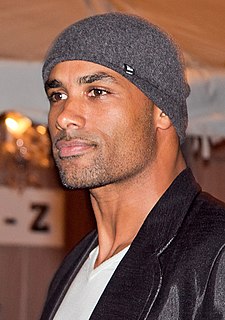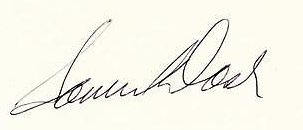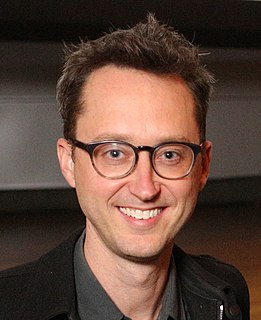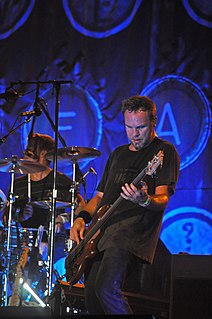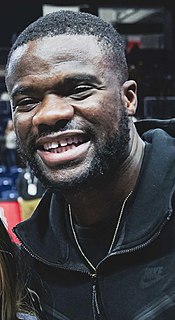A Quote by Boris Kodjoe
I'm always an entrepreneur, but I'd probably be a teacher. I like teaching kids, whether that's tennis on the courts or history in the classroom.
Related Quotes
The main difference in the effectiveness of teaching comes from the thoughts the teacher has had during the entire time of his or her existence and brings into the classroom. A teacher concerned with developing humans affects the students quite differently from a teacher who never thinks about such things.
If, in schools, we keep teaching that history is divided into American history and Chinese history and Russian history and Australian history, we're teaching kids that they are divided into tribes. And we're failing to teach them that we also, as human beings, share problems that we need to work together with.
The purpose of studying Buddhism is not to study Buddhism, but to study ourselves. That is why we have teaching. But the teaching is not ourselves. It is some explanation of ourselves. To study the teaching is to know yourselves. That is why we do not ever attach to the teaching, or to the teacher. The moment you meet a teacher you should leave the teacher, and you should be independent. You want a teacher so that you can be independent. So you study yourselves. You have the teacher for yourselves, not for the teacher.
Teaching a practice can also be a hindrance if it becomes one's identity. To be a spiritual teacher is a temporary function. I'm a spiritual teacher when somebody comes to me and some teaching happens, but the moment they leave I'm no longer a spiritual teacher. If I carry the identity of spiritual teacher, it will cause suffering.
I learn more about how to run a set teaching six-year-olds. You go into a classroom as a teacher, and the most important work you do is create an infrastructure and an environment that's safe, in which children will feel able and free to take risk. Working with actors, you have to establish the same thing. Teaching a class is not so different than mounting a production.
People in tennis, they've been in a certain bubble for so long they don't even know who they are, because obviously it's just been tennis, tennis, tennis. And let it be just tennis, tennis, tennis. Be locked into that. But when tennis is done, then what? It's kinda like: Let's enjoy being great at the sport.
When I was coaching I always considered myself a teacher. Teachers tend to follow the laws of learning better than coaches who do not have any teaching background. A coach is nothing more than a teacher. I used to encourage anyone who wanted to coach to get a degree in teaching so they could apply those principles to athletics.
